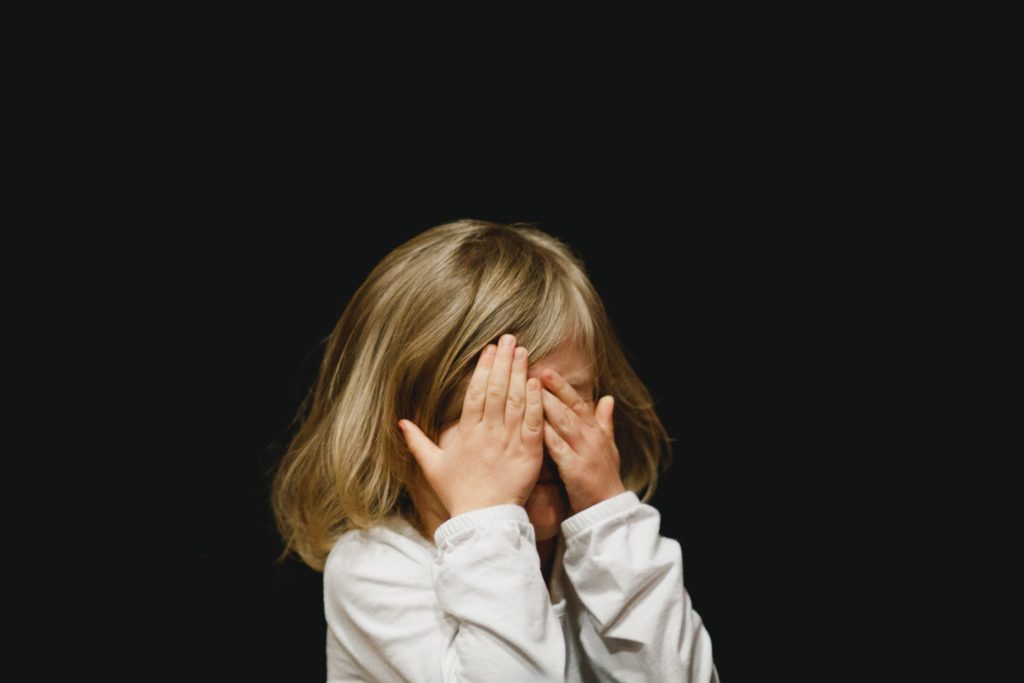“I Found Pornhub Anyway”

I was ten years old when I watched porn for the first time. I found myself on Pornhub, which I stumbled across by accident and returned to out of curiosity. The website has no age verification, no ID requirement, not even a prompt asking me if I was over 18. The site is easy to find, impossible to avoid, and has become a frequent rite of passage for kids my age. . . . Today I’m 16, and my peers are suffering from an addiction to what many call “the new drug.” Porn is the disastrous replacement for intimacy among my sexless, anxiety-ridden generation.
Homeschooler Isabel Hogben from Redwood City, California, recently wrote those words as part of an eye-opening essay at The Free Press.
Hogben argues that pornography is not free speech and it is not content. It’s a dangerous substance, and it must be controlled like one.
Among other things, Hogben describes how extreme today’s pornography is compared to porn produced in years past.
She also notes that porn consumption harms adolescent brains that are still developing, and she highlights research that shows pornography’s effects on the brain are identical to drug addiction.
“It’s as much a dangerous substance as illicit drugs,” she writes.
Hogben’s essay — which you can read here — underscores why it is so important that the Arkansas Legislature passed restrictions on pornographic websites this year.
Act 612 of 2023 by Sen. Tyler Dees (R – Siloam Springs) and Rep. Mindy McAlindon (R – Centerton) requires pornographic websites to use age verification to ensure their users are 18 or older.
The law, which took effect on August 1, prompted PornHub to disable access to its website from Arkansas.
Technology has given children unprecedented access to pornography, and Family Council is deeply grateful to Sen. Tyler Dees and Rep. Mindy McAlindon for sponsoring Act 612 and to the members of the Arkansas General Assembly for overwhelmingly supporting the passage of this good law.
Act 612 of 2023 may be one of the best laws that the Arkansas Legislature enacted this year, because it’s going to help protect children in the state from harmful content online. That’s something to celebrate.





